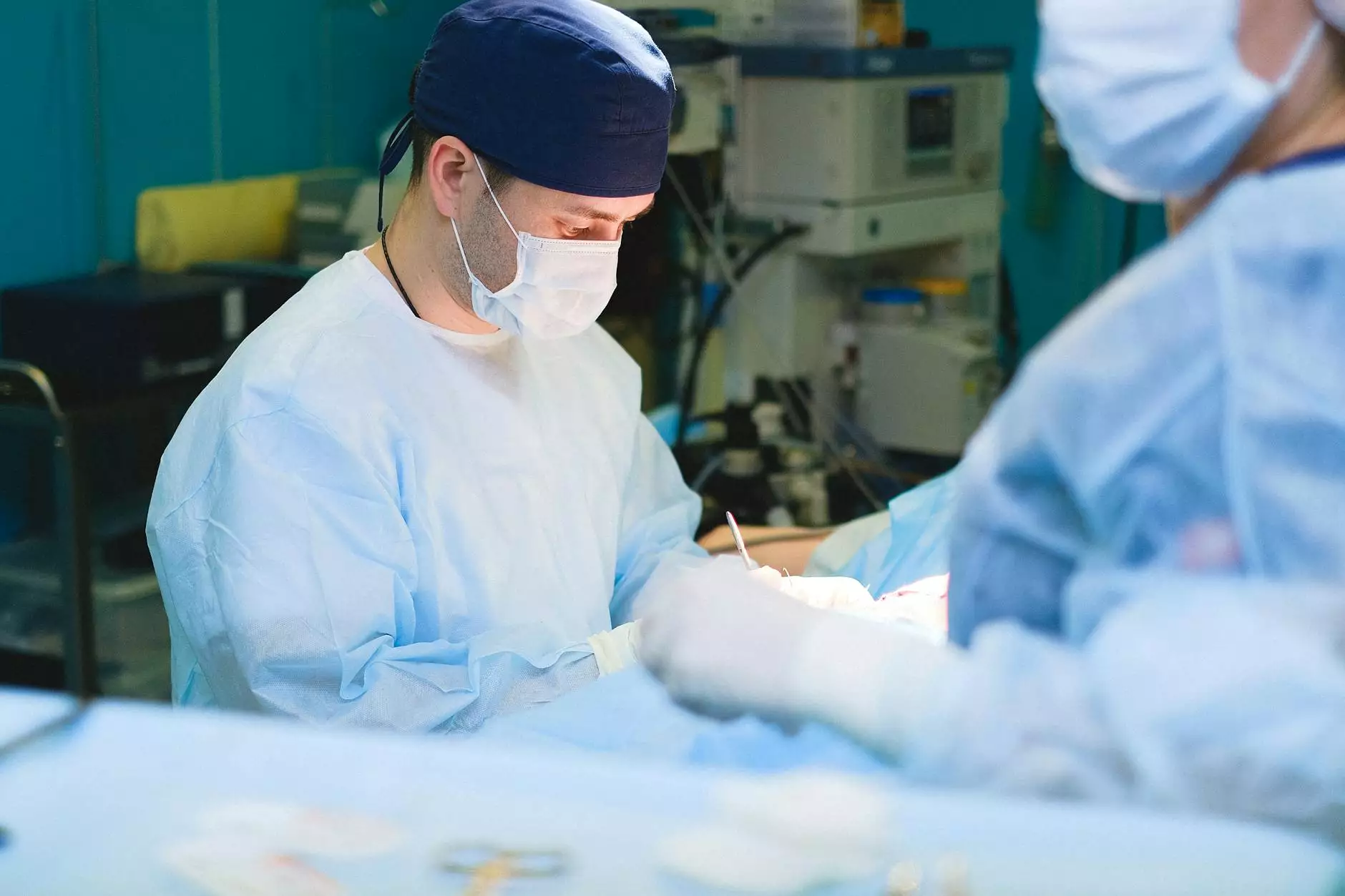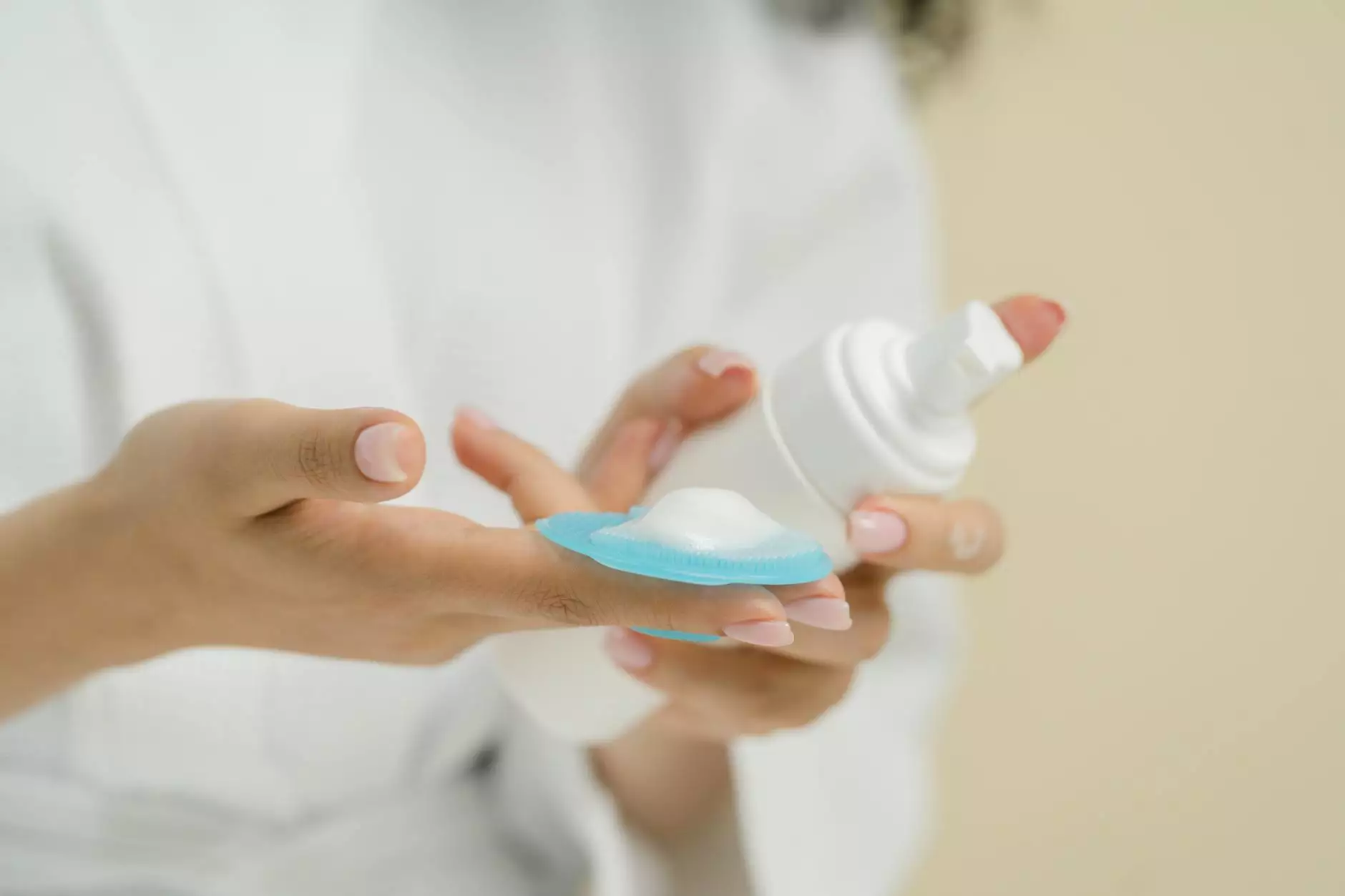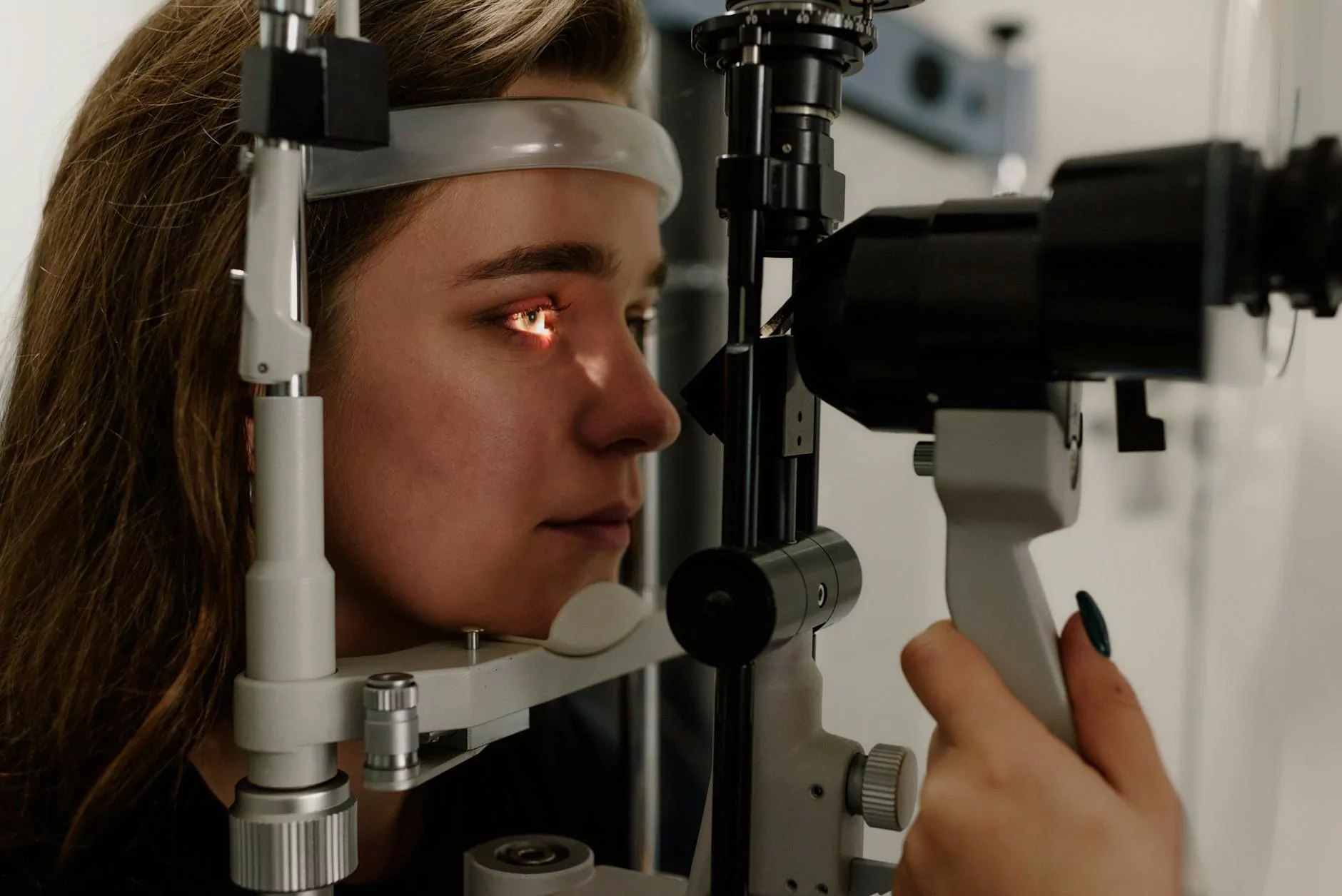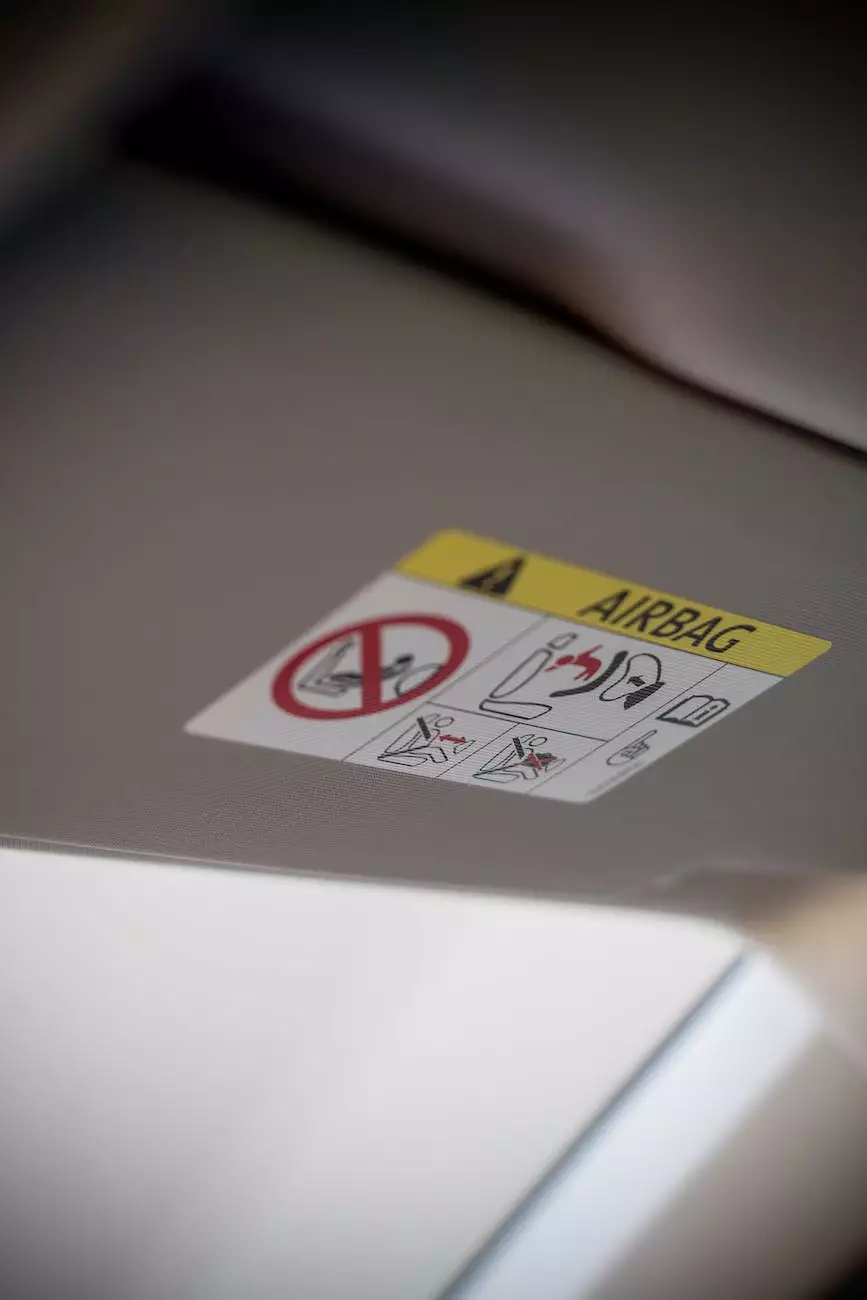Rhinoplasty Surgery Recovery

About Rhinoplasty
Rhinoplasty, commonly known as a nose job, is a surgical procedure that aims to improve the appearance and/or functionality of the nose. Whether you are seeking this procedure for aesthetic reasons or to address a medical condition, it is essential to understand the recovery process involved to ensure a smooth and successful outcome. In this article, we will discuss everything you need to know about rhinoplasty surgery recovery.
What to Expect After Surgery
Immediately after your rhinoplasty surgery, you will be taken to a recovery area to be closely monitored by medical professionals. You may experience some discomfort, swelling, bruising, and nasal congestion during the initial stages of recovery. The degree of these symptoms varies from person to person, and your surgeon will provide detailed post-operative instructions to help manage them effectively. It is important to follow these guidelines closely to promote healing and minimize potential complications.
Tips for a Smooth Recovery
1. Rest and Take Time Off: Allow yourself ample time to rest and recover. Avoid any strenuous activities, including heavy lifting or strenuous exercise, for at least a few weeks following surgery.
2. Follow Medication Instructions: Your surgeon may prescribe pain medications or antibiotics to aid in your recovery. Follow the prescribed dosage instructions and finish the entire course of antibiotics, if prescribed.
3. Apply Cold Compresses: To minimize swelling and ease discomfort, apply cold compresses gently to the treated area. Be sure to follow your surgeon's recommendations on duration and frequency.
4. Keep Your Head Elevated: Keeping your head elevated while sleeping or resting will help reduce swelling and promote proper blood circulation. Use extra pillows to provide adequate support.
5. Eat a Healthy Diet: Proper nutrition plays a vital role in the healing process. Consume a balanced diet rich in vitamins, minerals, and protein to aid in tissue repair and promote overall recovery.
6. Avoid Smoking and Alcohol: Smoking delays the healing process and increases the risk of complications. It is crucial to refrain from smoking or consuming alcohol during the recovery period.
Potential Side Effects
Common side effects experienced during the rhinoplasty recovery period include:
- Swelling and bruising around the nose and eyes
- Nasal congestion and difficulty breathing through the nose
- Tenderness and sensitivity in the treated area
- Minor nosebleeds
These side effects are typically temporary and subside as the healing progresses. However, if you experience severe pain, excessive bleeding, or any unusual symptoms, it is important to contact your surgeon immediately for further guidance.
Timeline for Recovery
The complete healing process after rhinoplasty surgery varies from person to person. While you will likely notice improvements within the first few weeks, it can take several months to witness the final results. Here is a general timeline of what to expect:
- First Week: Swelling and bruising are most prominent during this period. Follow your surgeon's instructions for wound care and avoid any activities that may compromise your healing.
- First Month: Most swelling should have subsided by this time, although some minor swelling may persist. Nasal congestion may also persist but will gradually improve.
- Three to Six Months: The majority of swelling and bruising should have resolved, and your nose will start to take on its final shape. Breathing through the nose should become easier.
- Final Results: It may take up to a year for the final results of your rhinoplasty surgery to fully manifest. At this stage, your nose will have healed, and you can enjoy the enhanced aesthetic or functional benefits of the procedure.
Conclusion
Rhinoplasty surgery recovery requires patience, proper care, and adherence to your surgeon's post-operative instructions. By following these guidelines, you can ensure a successful and smooth recovery, allowing you to enjoy the full benefits of your rhinoplasty procedure. If you have any concerns or questions during the recovery process, do not hesitate to reach out to your surgeon for guidance and support.









